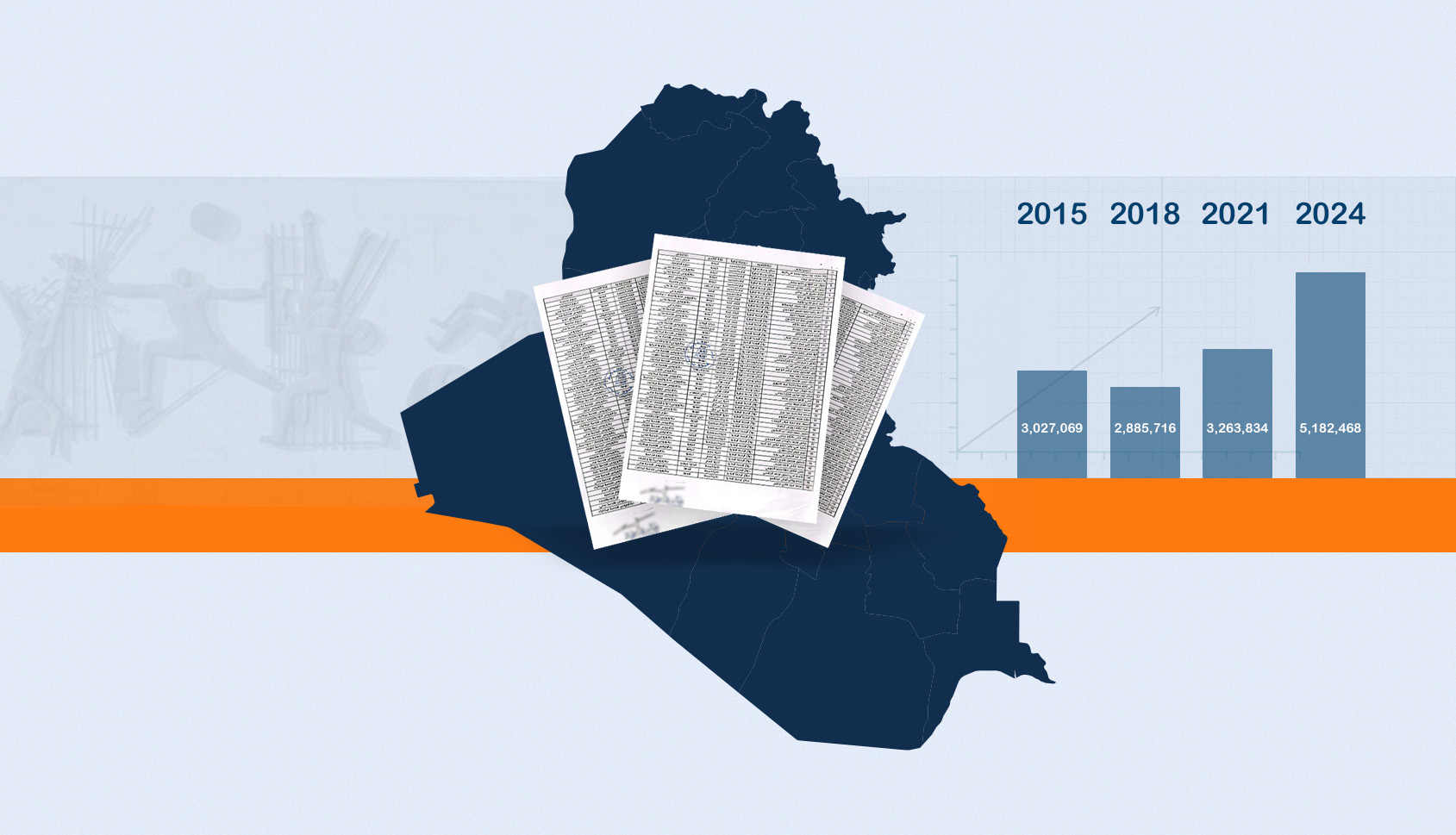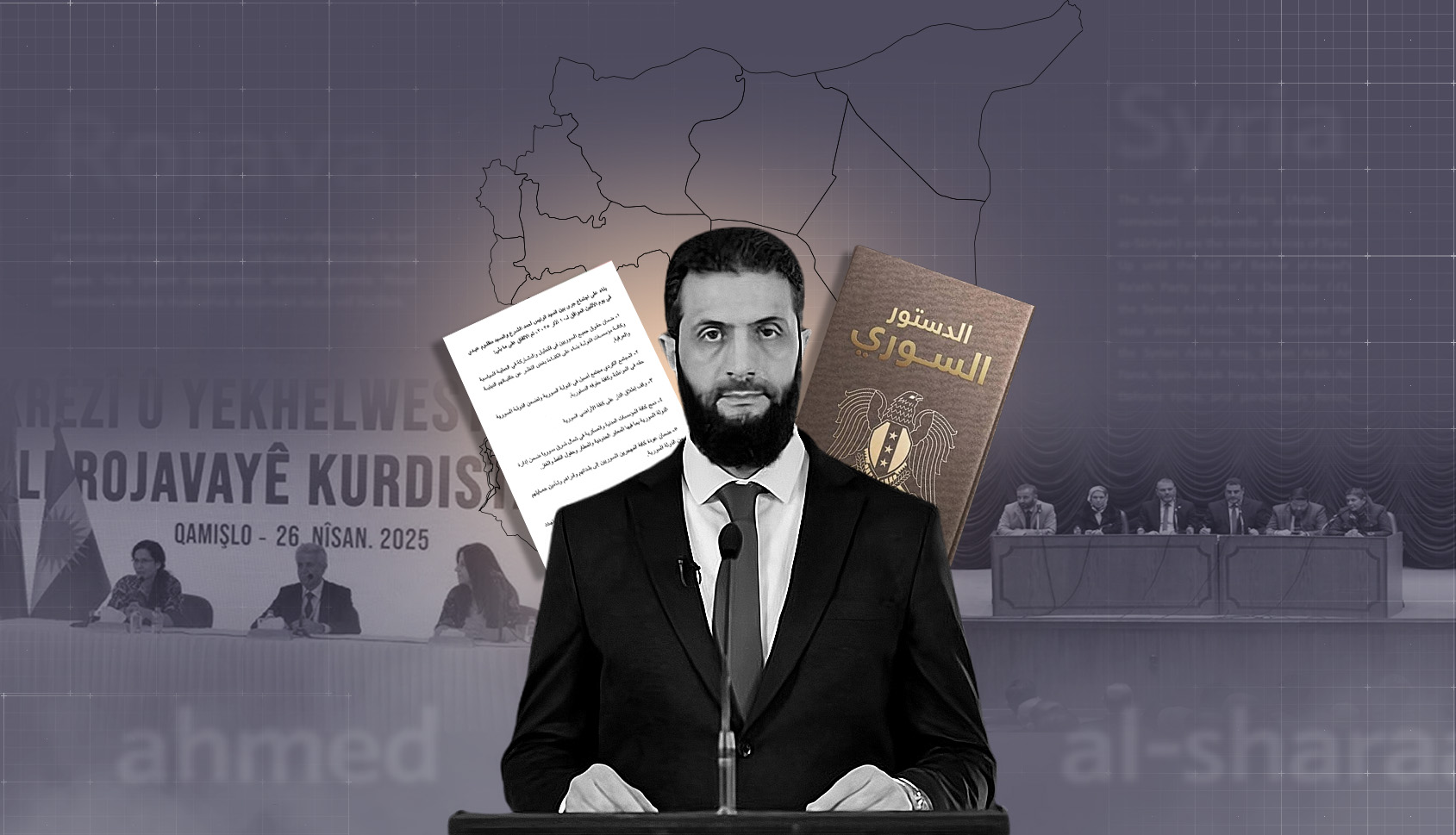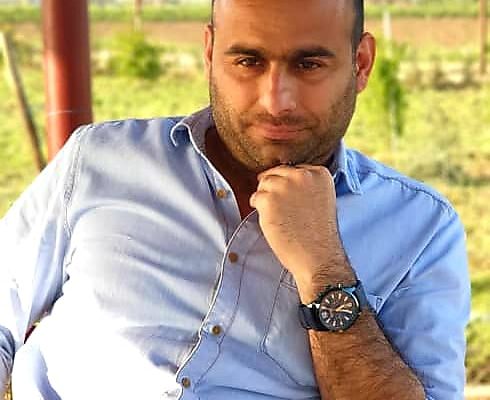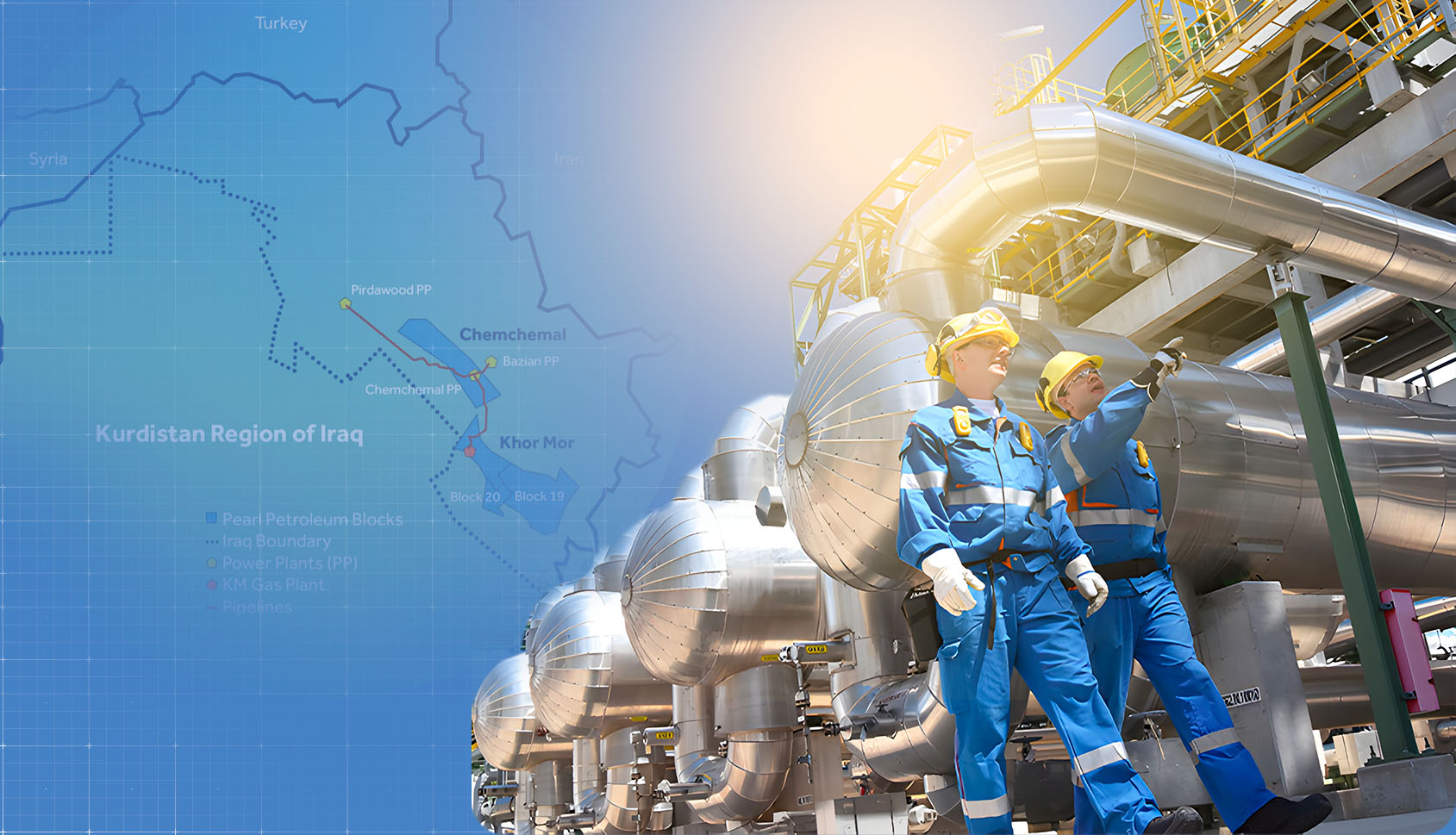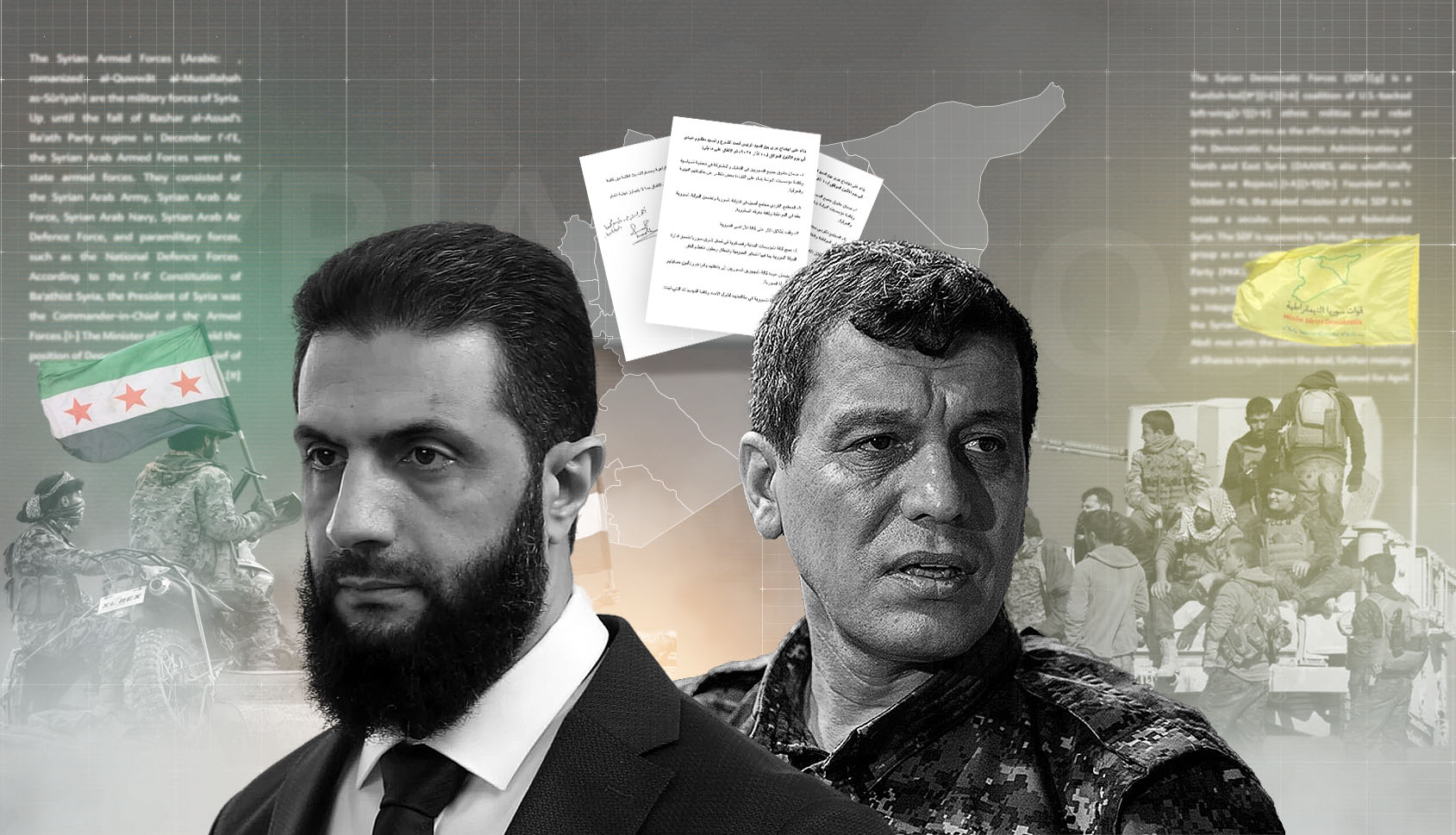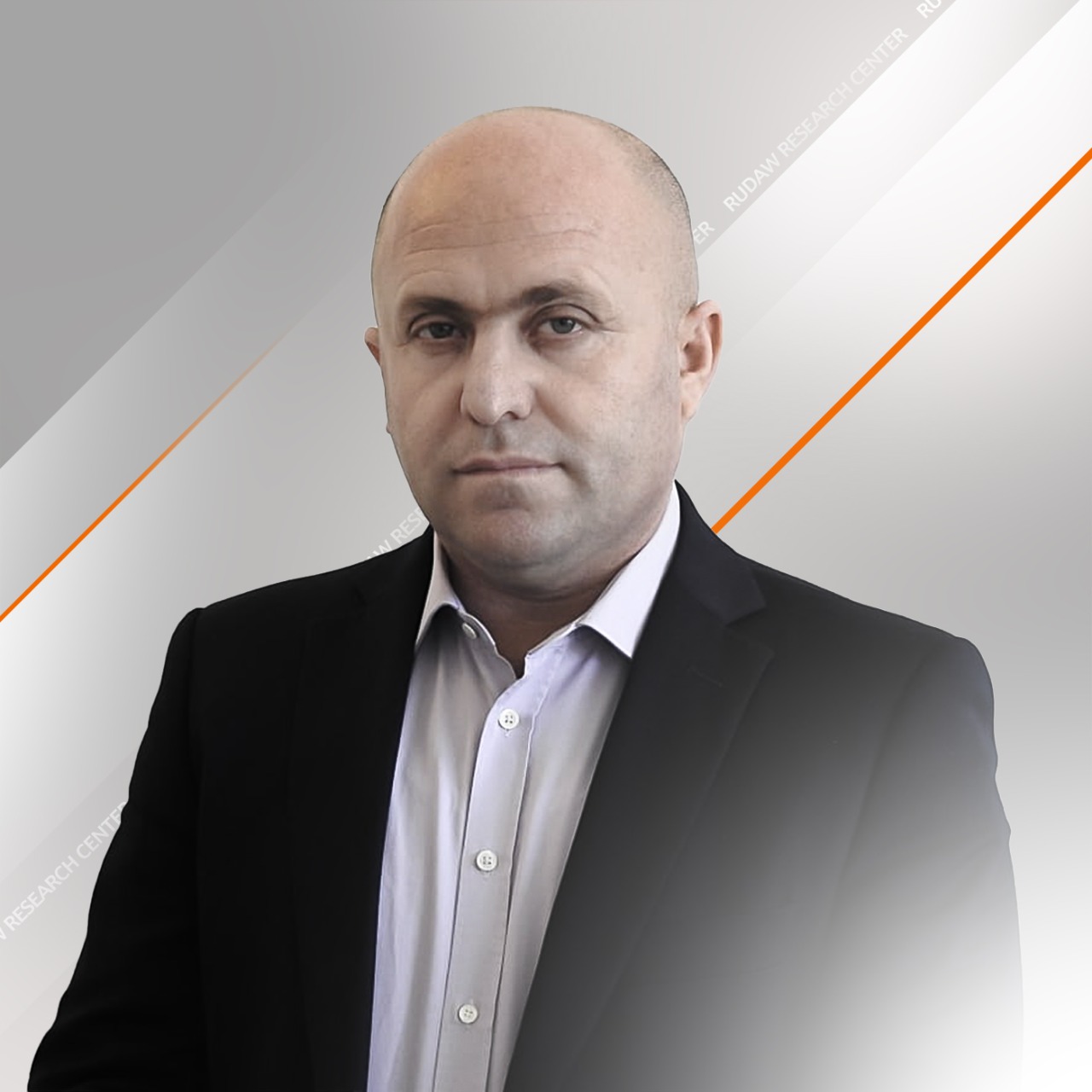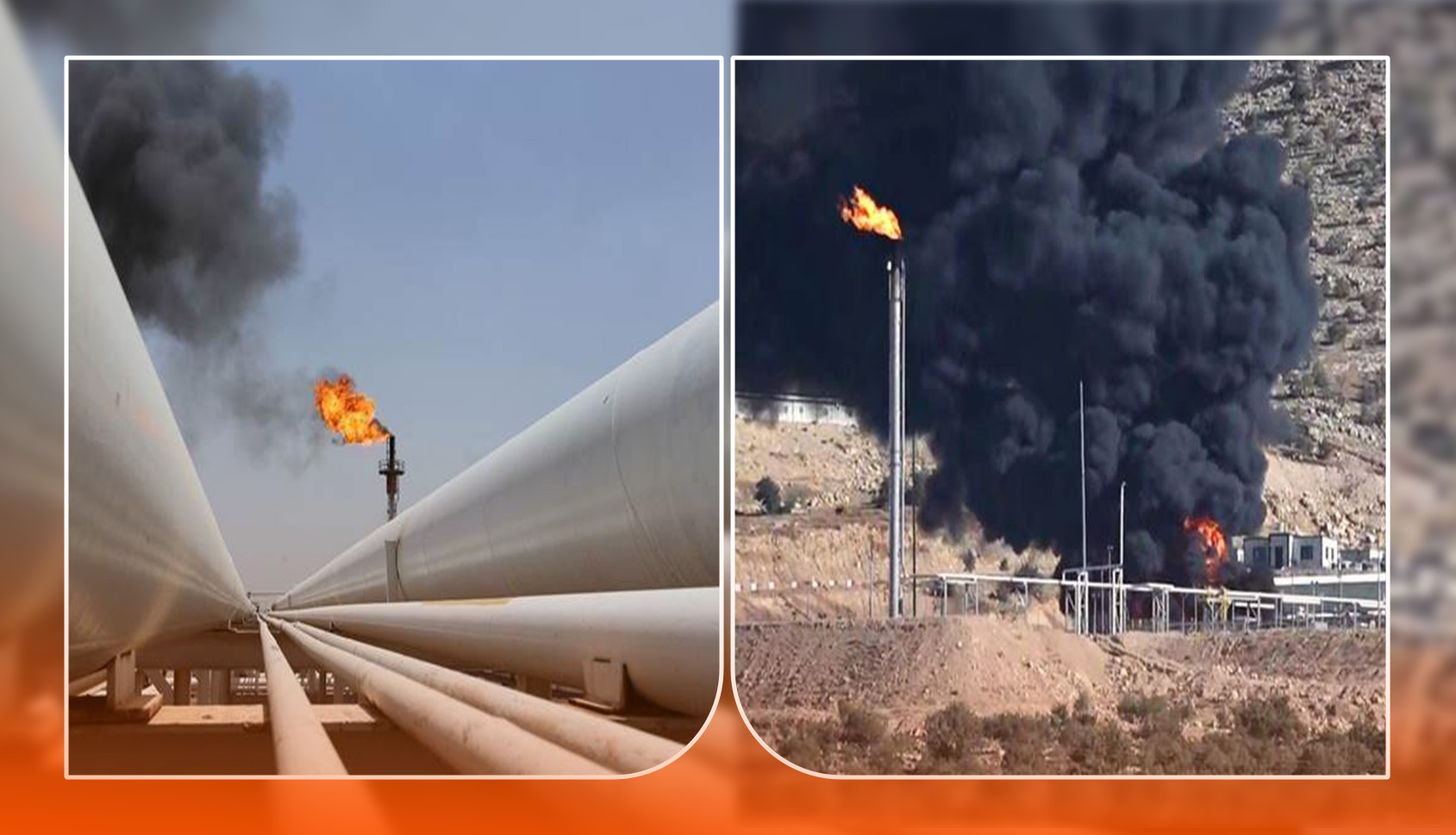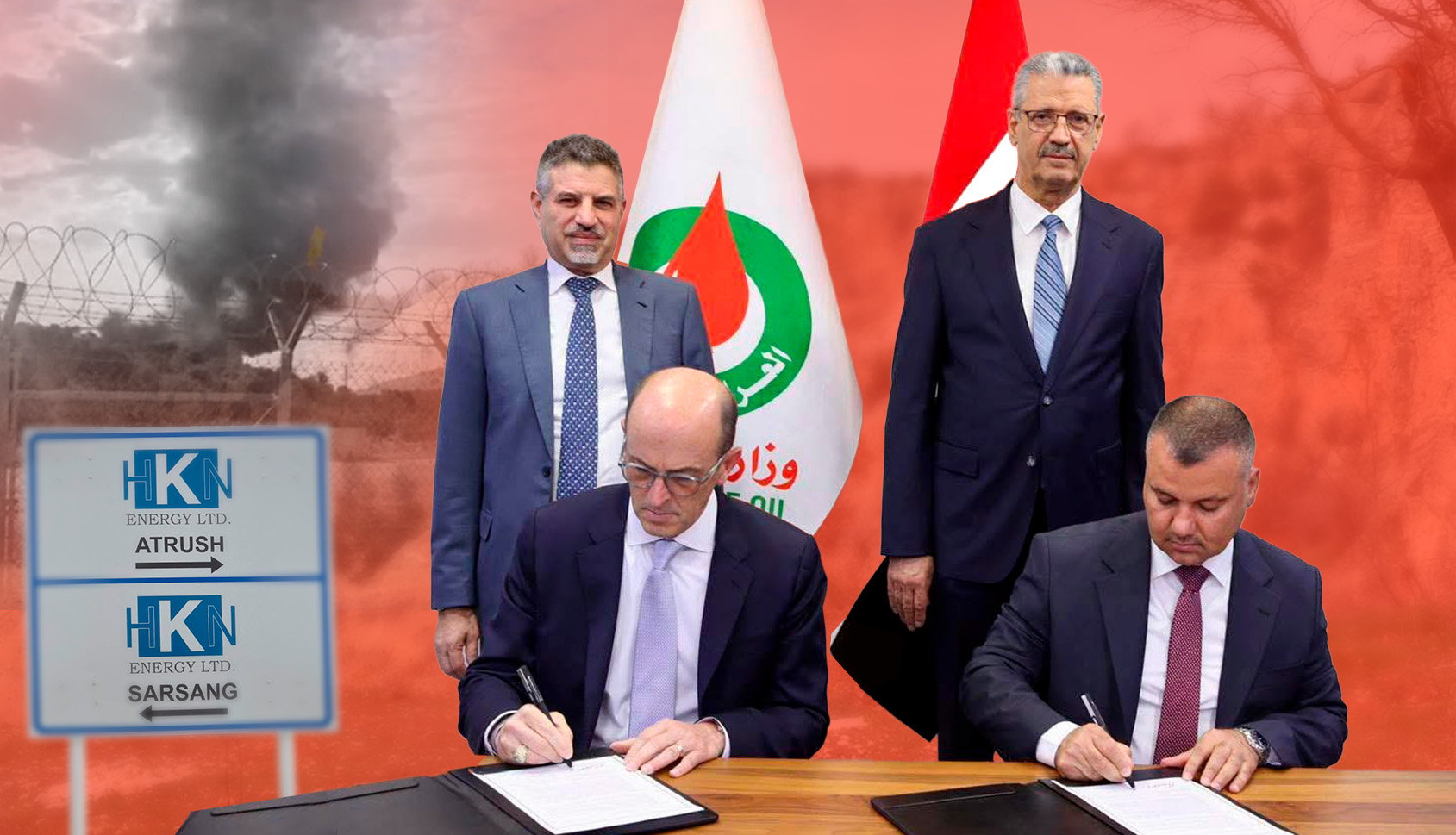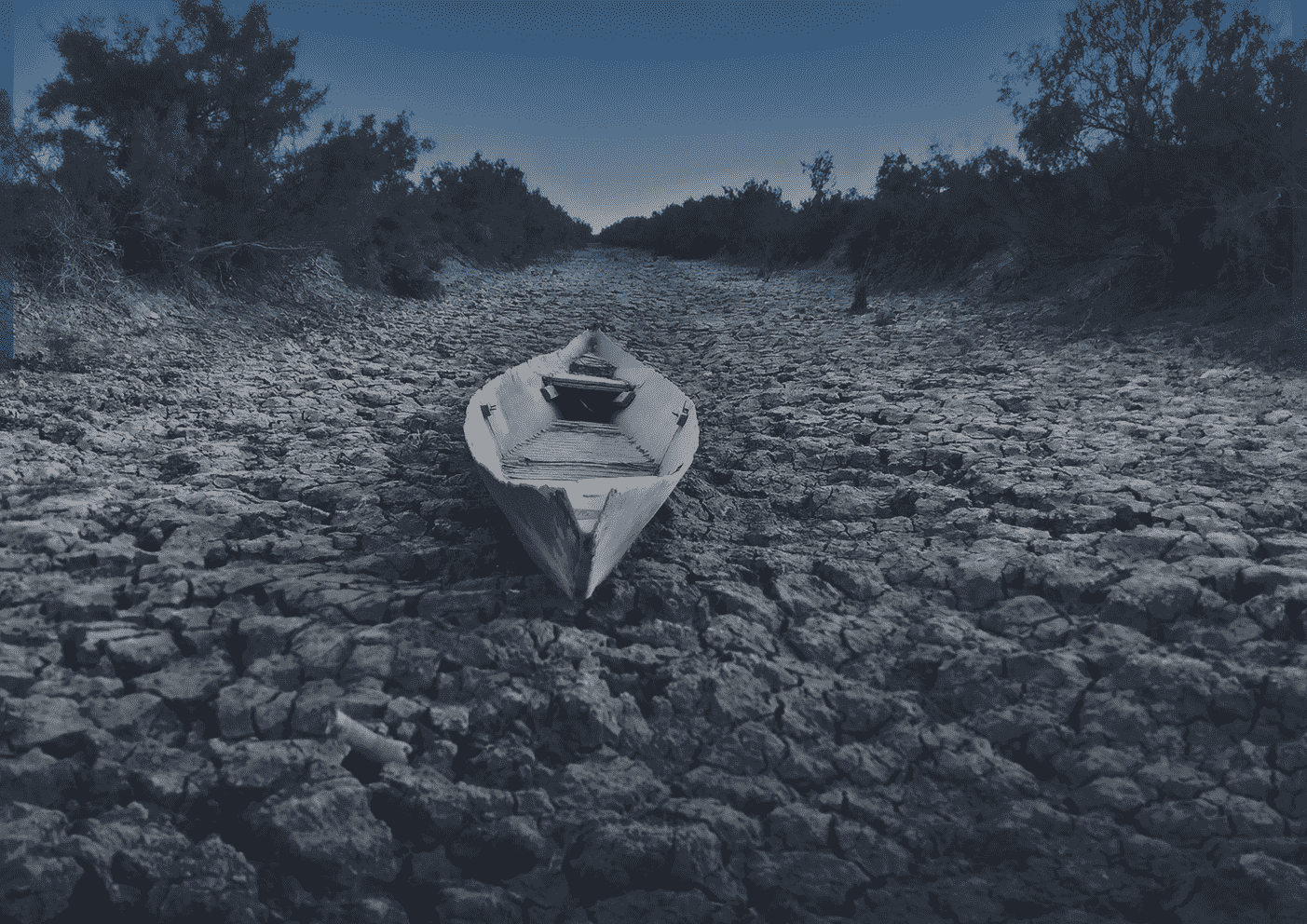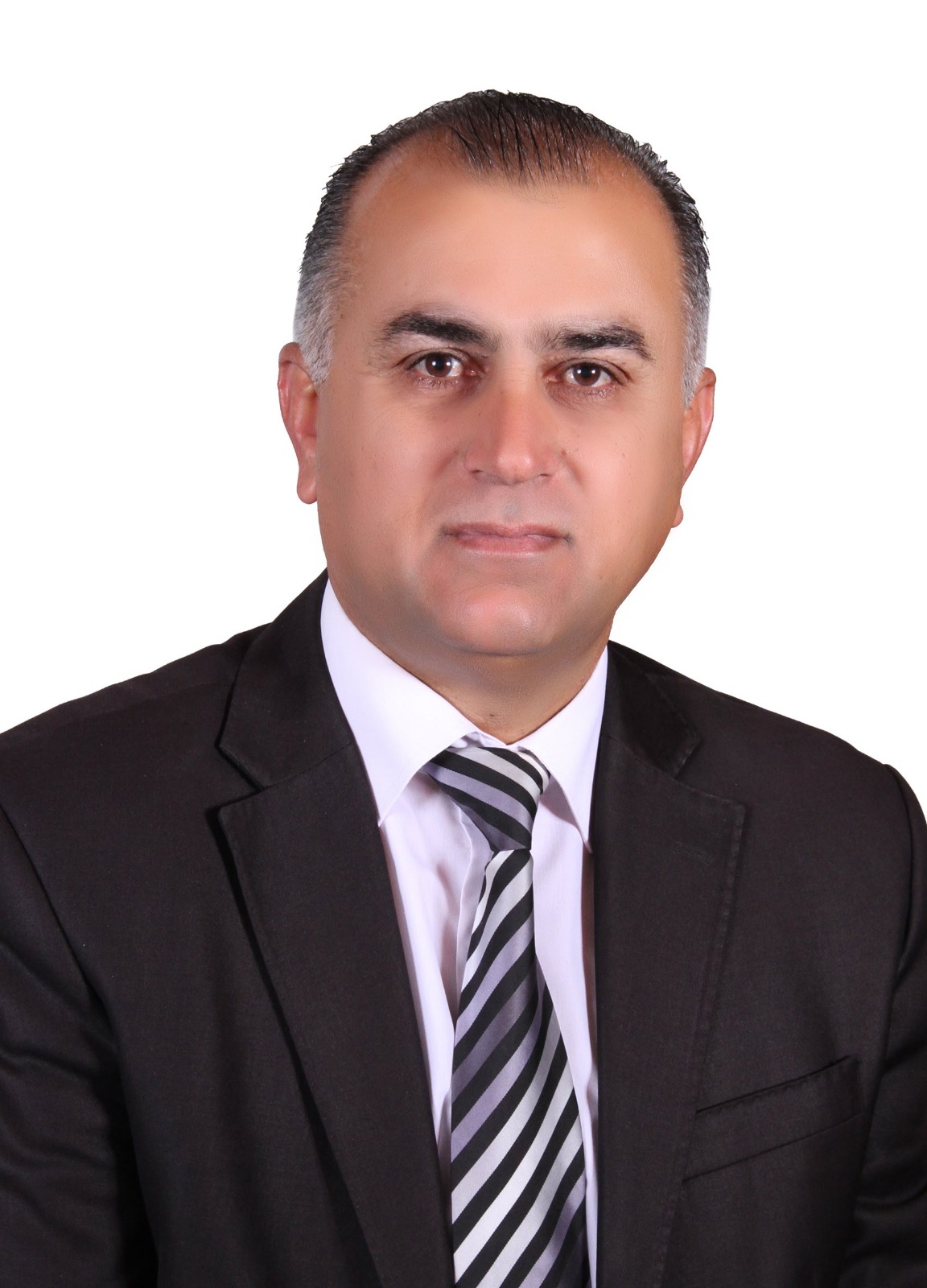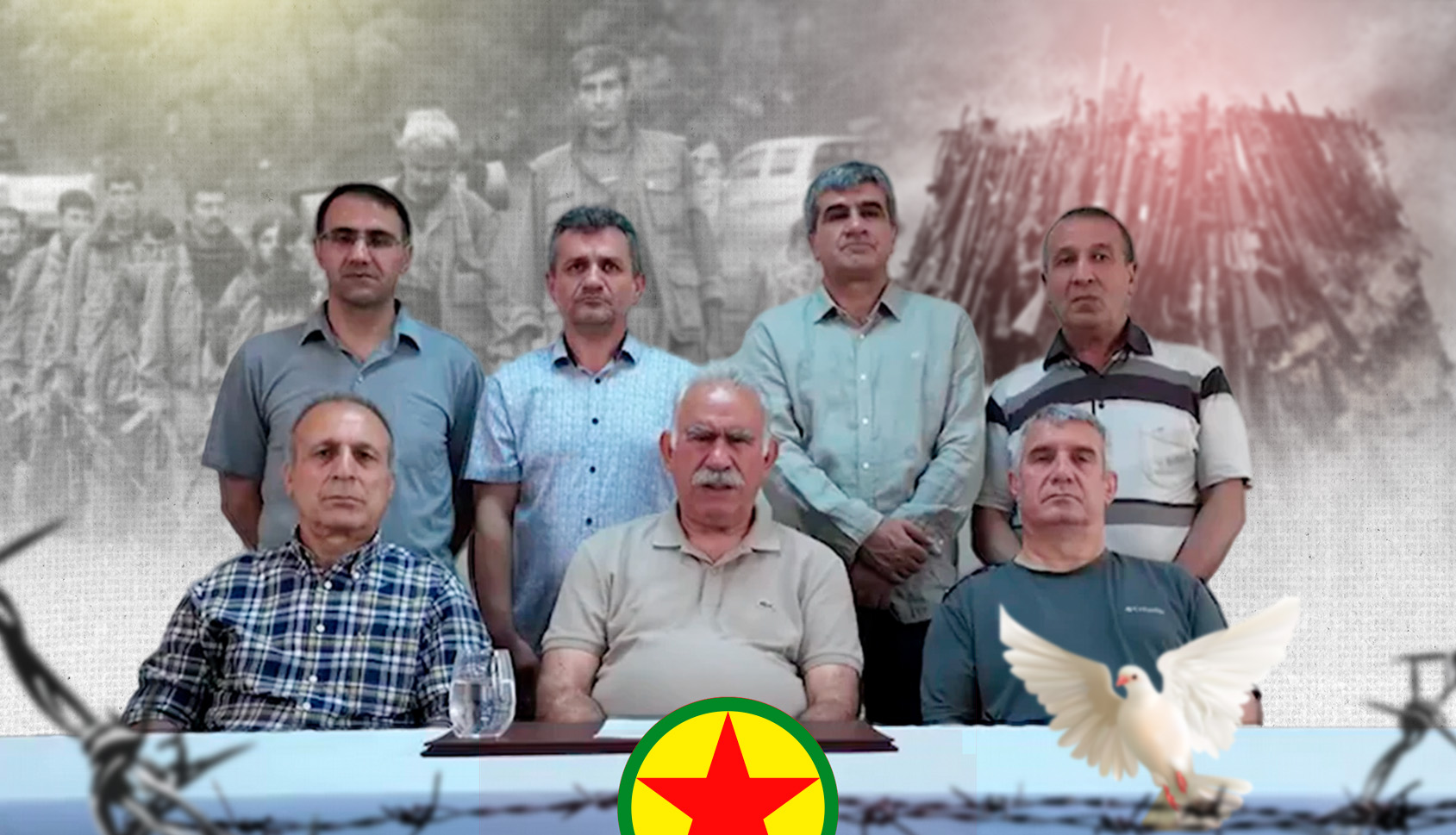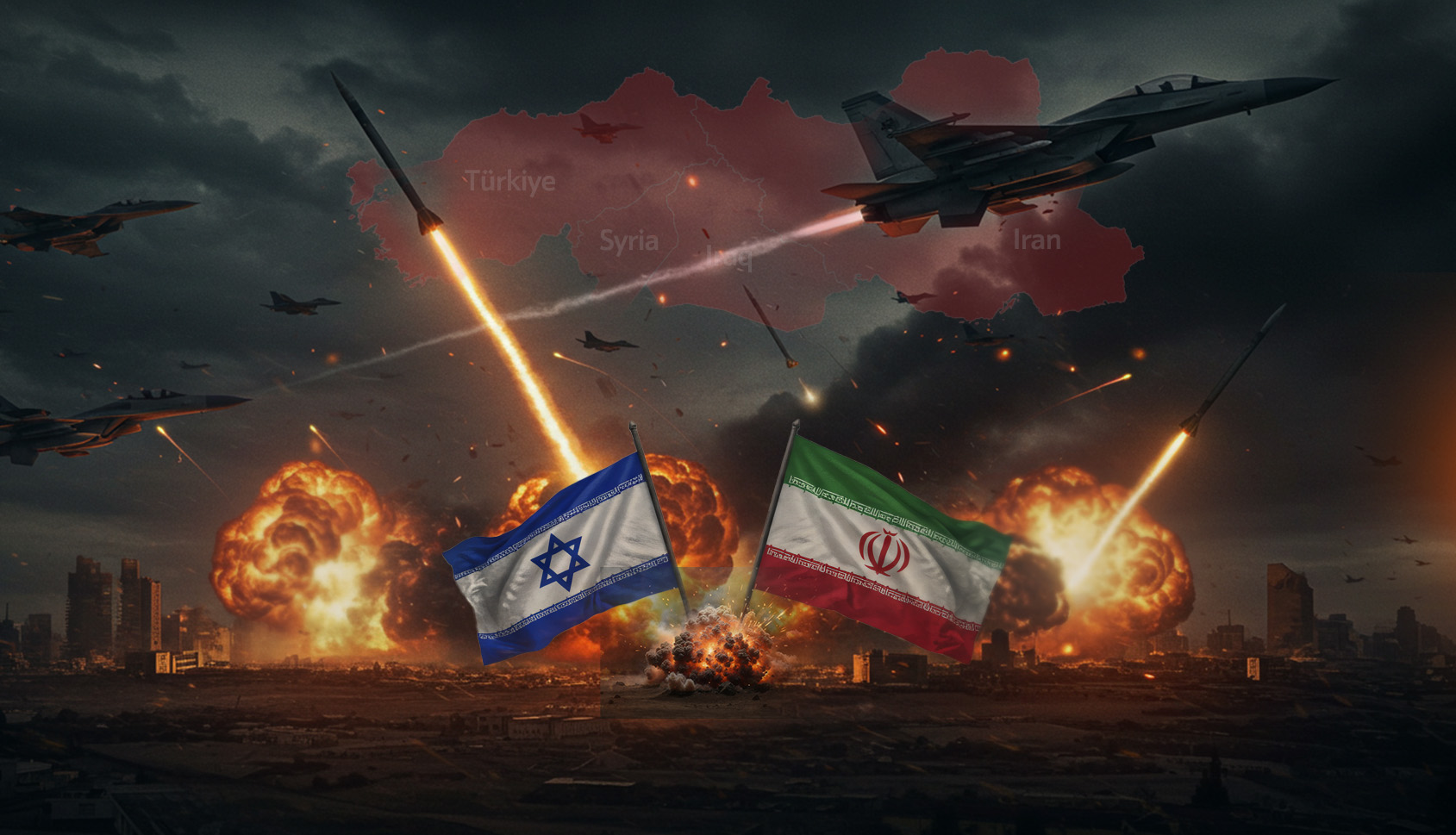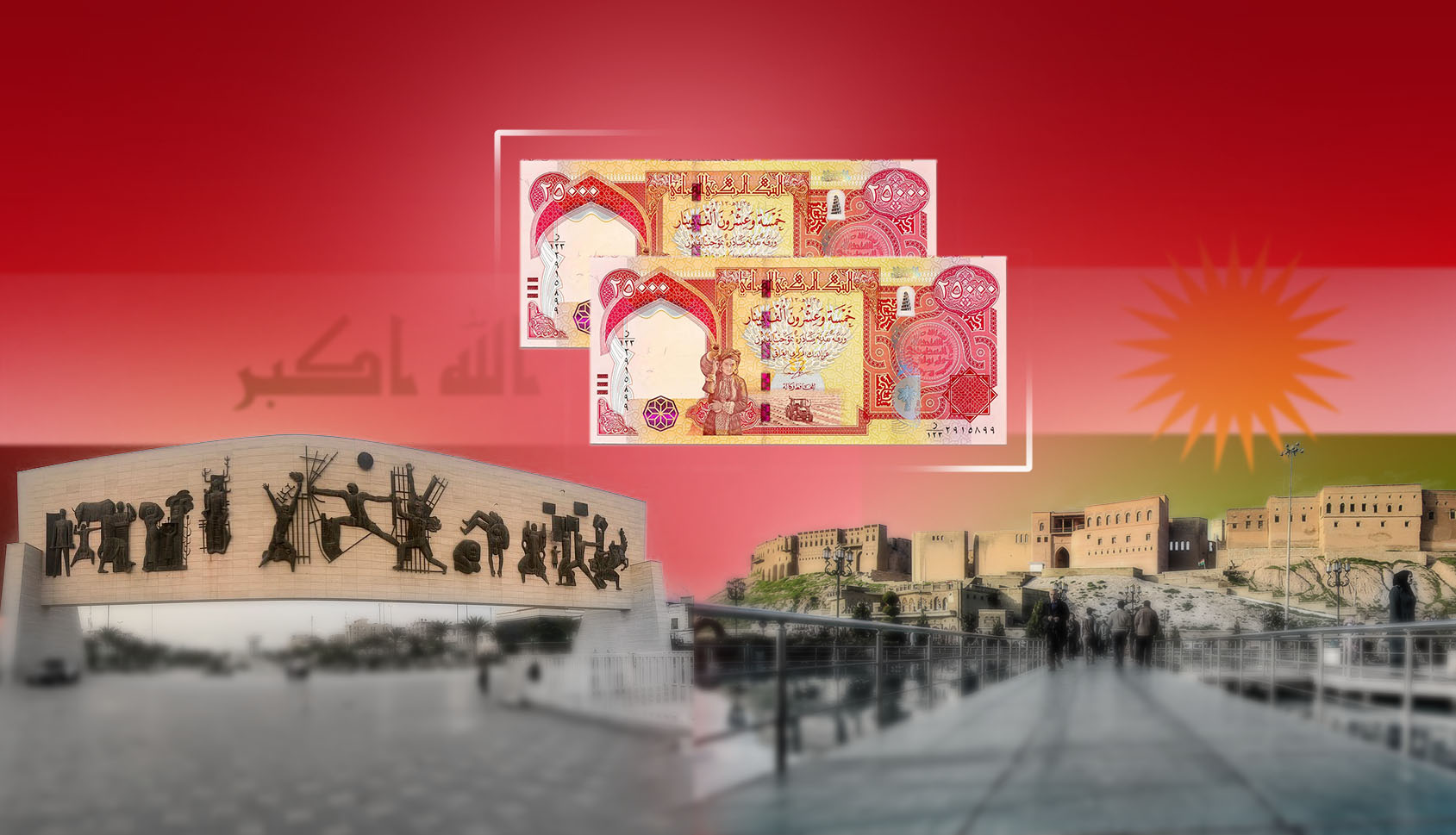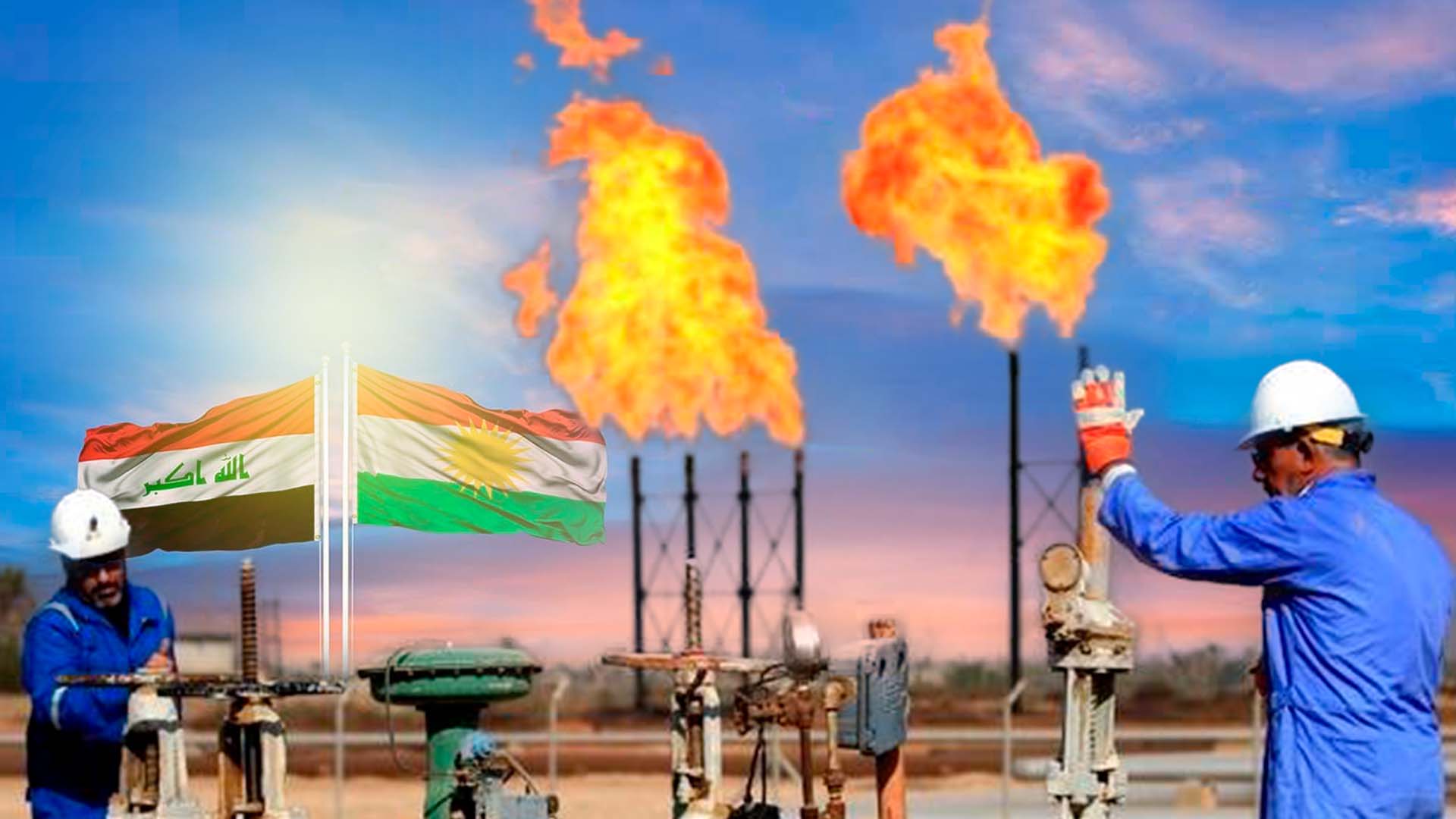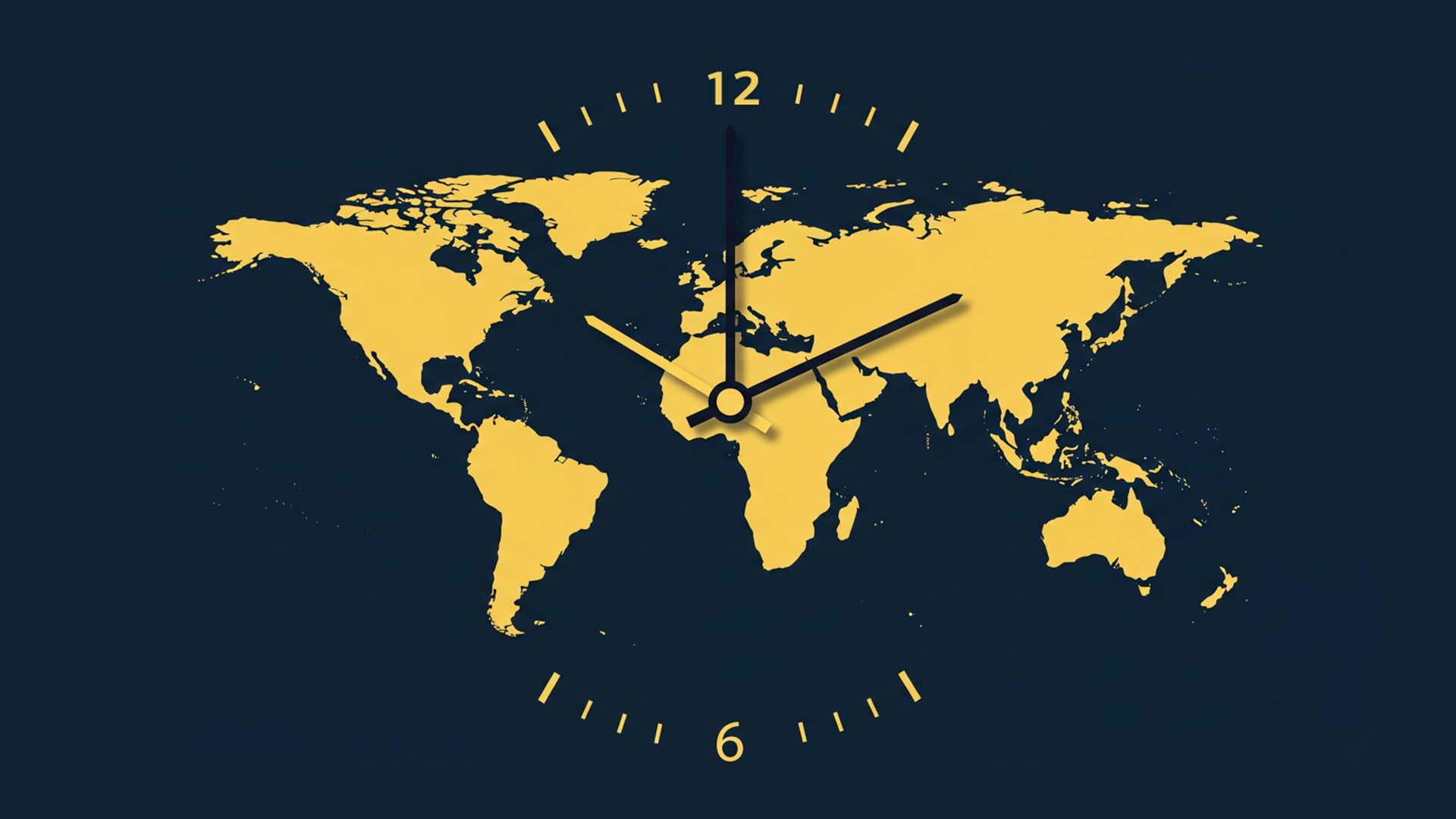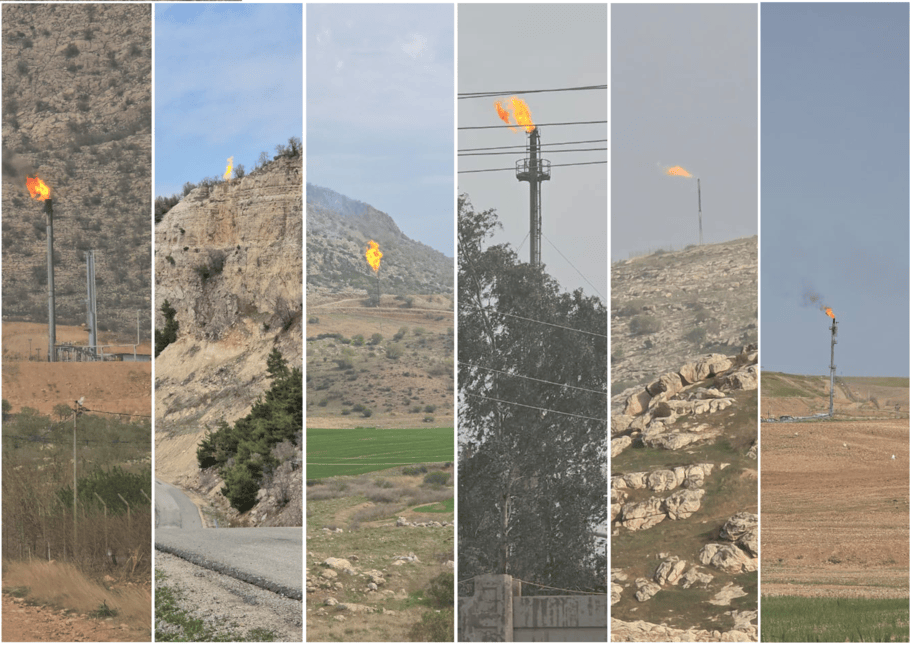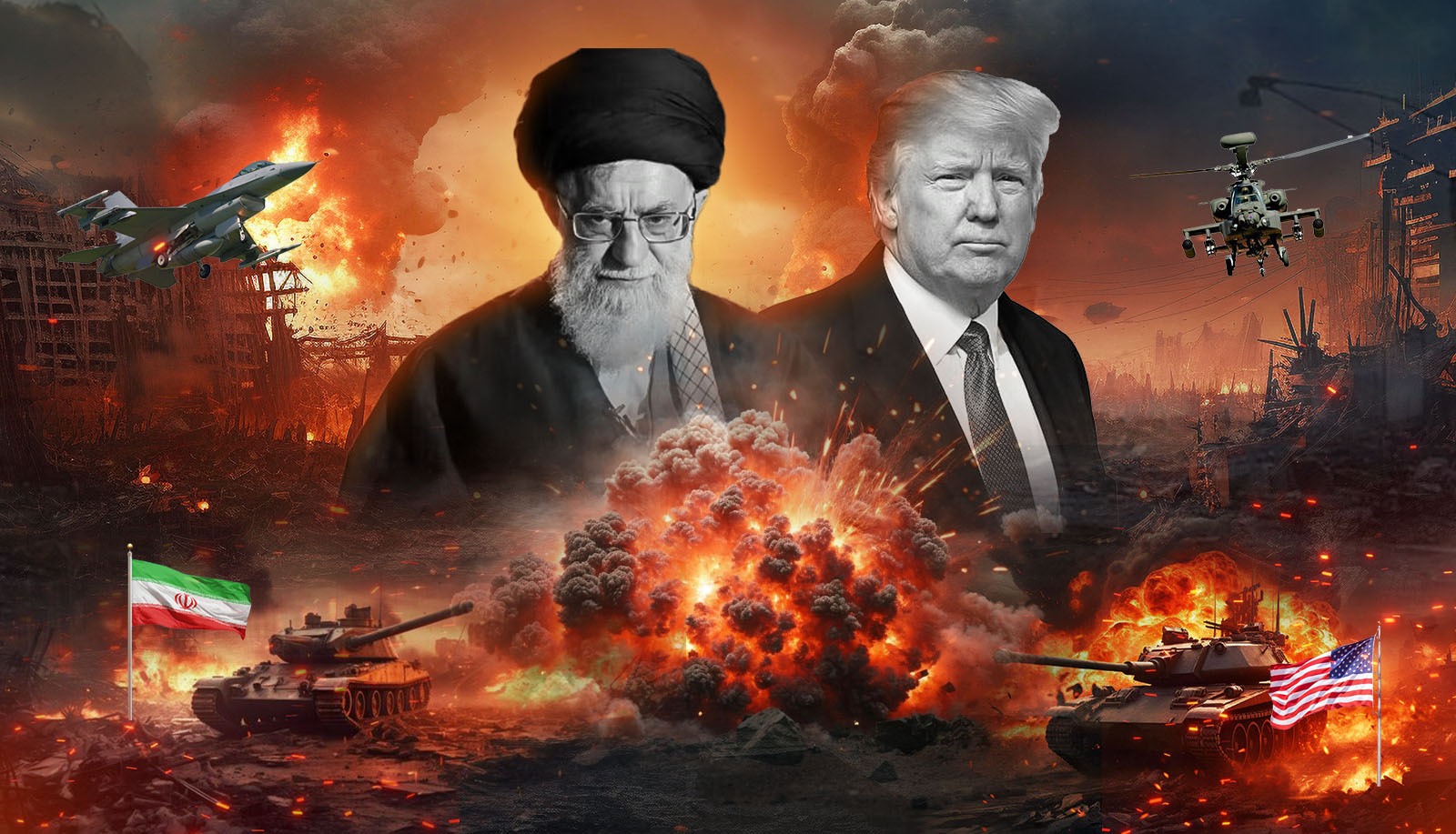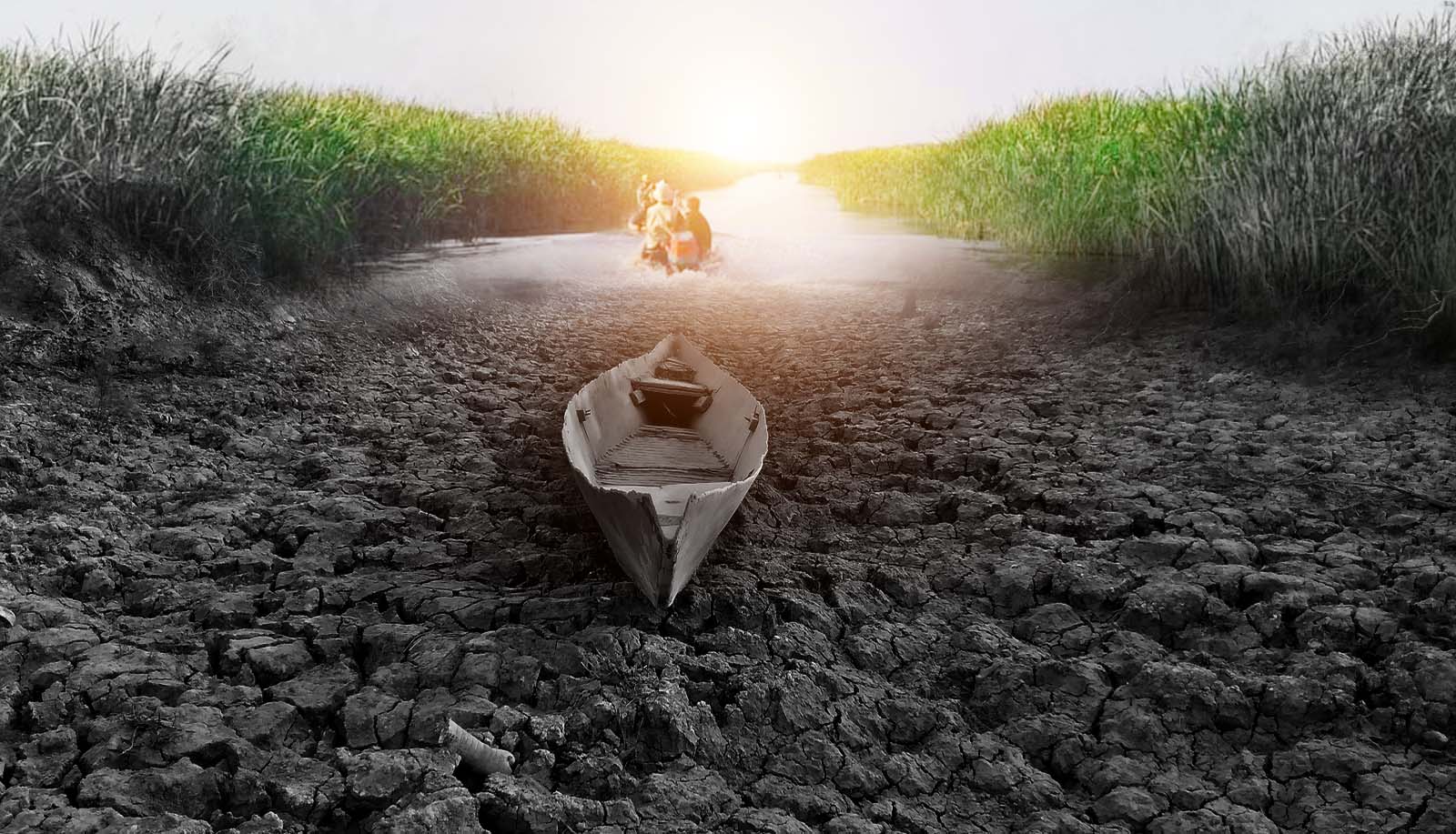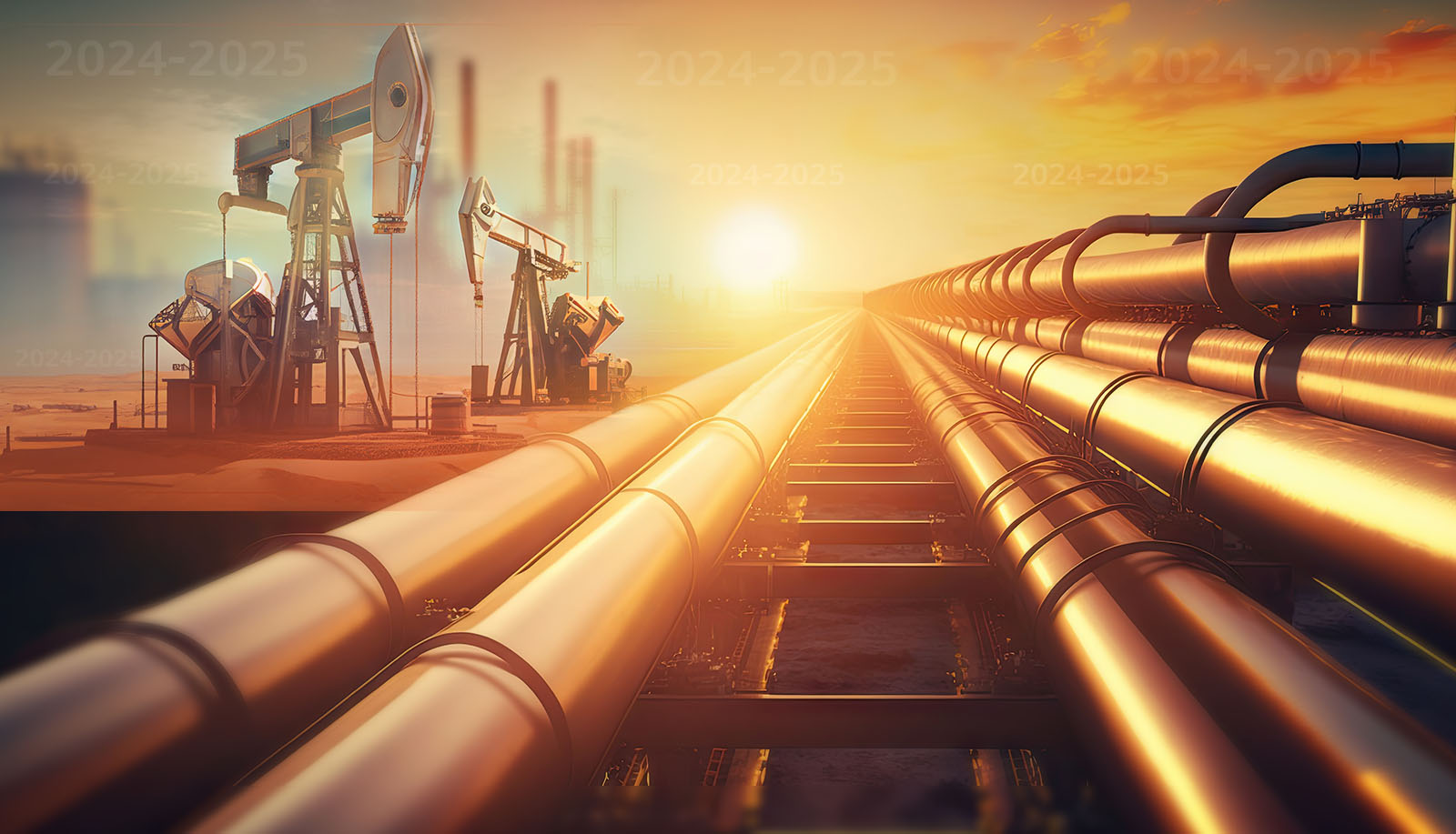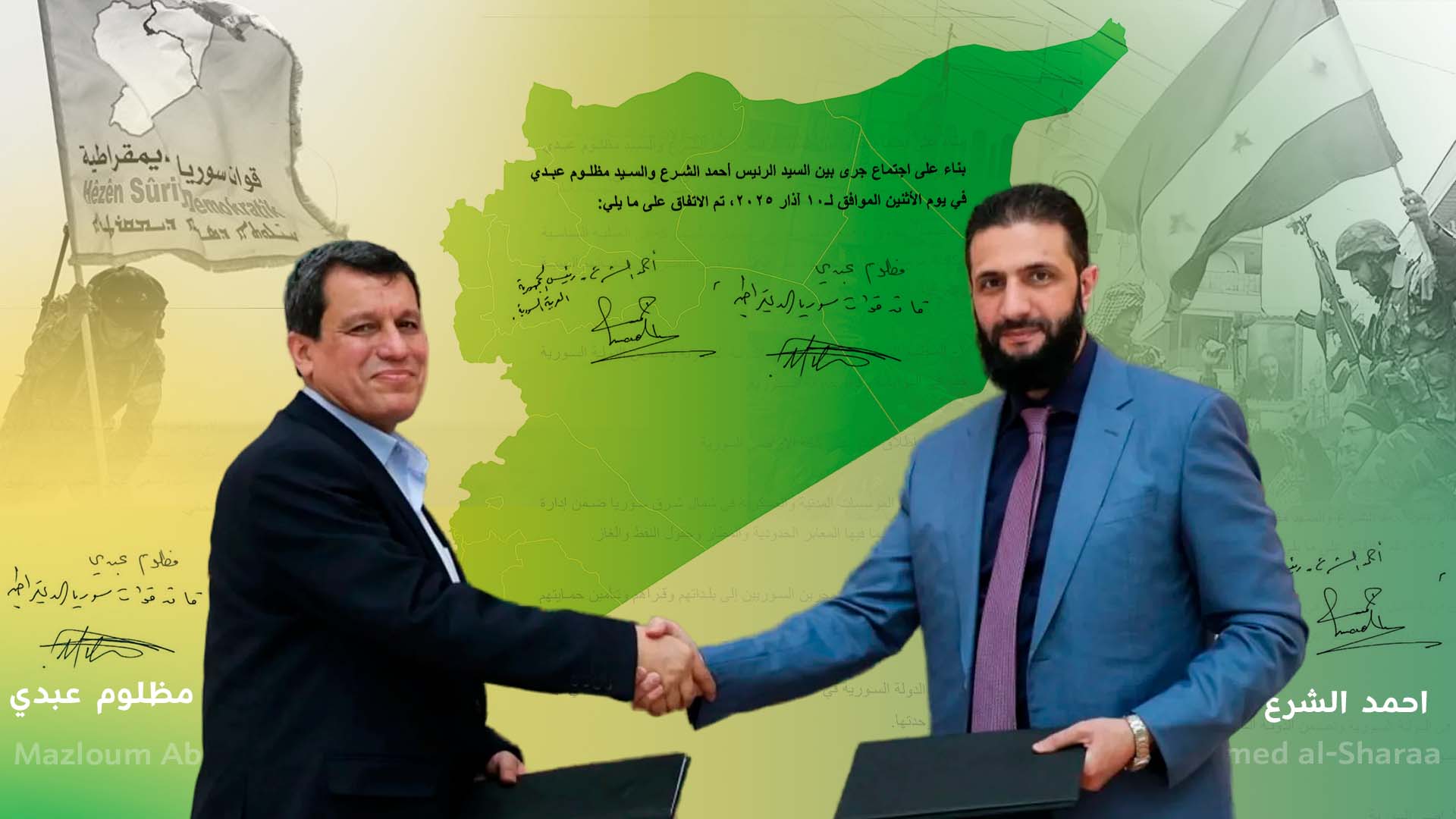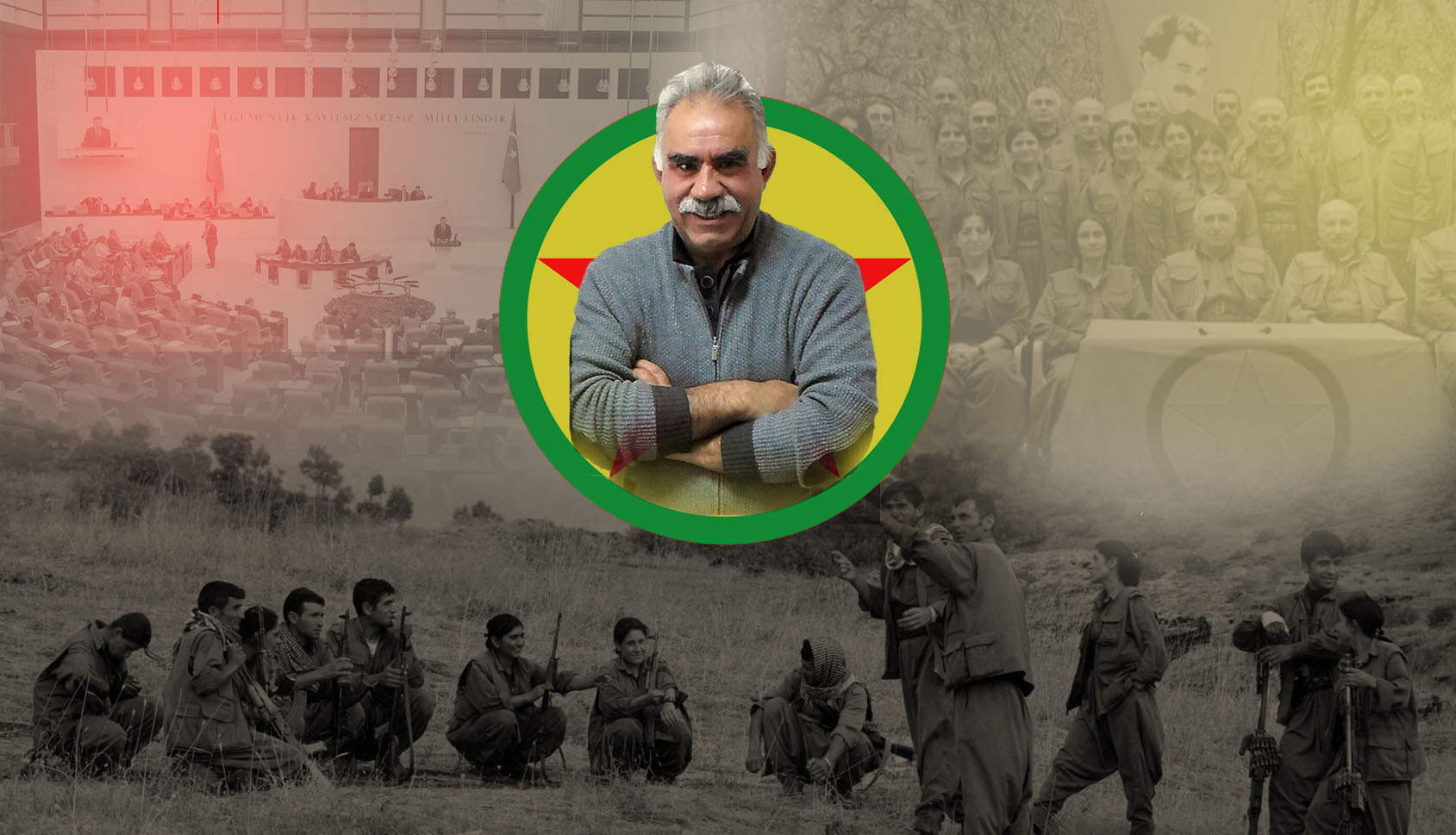The 8-point agreement between Syria and the SDF marks an important historical turning point for the future of Syria. Hypothetically speaking, the gains that Kurds might achieve through this agreement could be less than what happened since 2011. However, given the current circumstances, it represents a significant win, especially considering that this is the first time in recent history that a Syrian authority has acknowledged Kurdish identity and their political and military participation. For Interim President Ahmad al-Sharaa, this agreement is also a victory. It allows him to approach future challenges with a calmer mindset, especially since the deal affirms the supremacy of Syria’s interim government in the main pillars of SDF-controlled areas, which had previously been a potential source of conflict. Given the events of the past few days in Syria's coastal areas, where hundreds were killed, and the growing threat of extremist Islamic groups, many countries are reluctant to see the authority of al-Sharaa’s Syria become centralized. At the same time, for SDF commander Mazloum Abdi, considering Öcalan's message, the evolving situation in Syria, and pressure from the United States and the international coalition, this agreement is the best available option.


